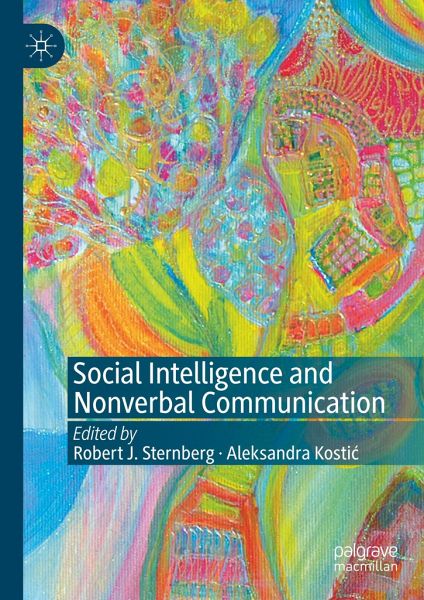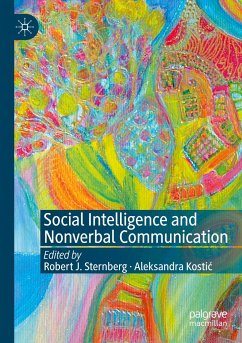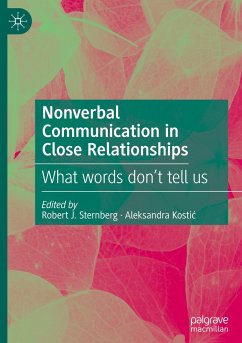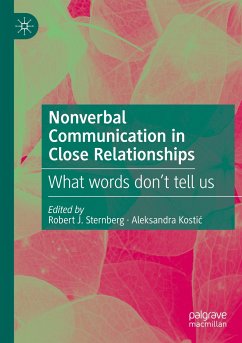
Social Intelligence and Nonverbal Communication

PAYBACK Punkte
61 °P sammeln!
This book offers a comprehensive overview of the latest developments in the social psychology of nonverbal communication. It explores topics including social skill, empathy, adaptive advantage, emotion-reading and emotion-hiding; and examines personal charisma, memory and communicating with robots. Together, the authors present diverse, cutting-edge research on nonverbal social intelligence as an adaptive strategy for survival and success. The collection provides an effective demonstration of the interdisciplinary nature of this topic, and it's relevance to researchers across the social scienc...
This book offers a comprehensive overview of the latest developments in the social psychology of nonverbal communication. It explores topics including social skill, empathy, adaptive advantage, emotion-reading and emotion-hiding; and examines personal charisma, memory and communicating with robots. Together, the authors present diverse, cutting-edge research on nonverbal social intelligence as an adaptive strategy for survival and success. The collection provides an effective demonstration of the interdisciplinary nature of this topic, and it's relevance to researchers across the social sciences and beyond.














